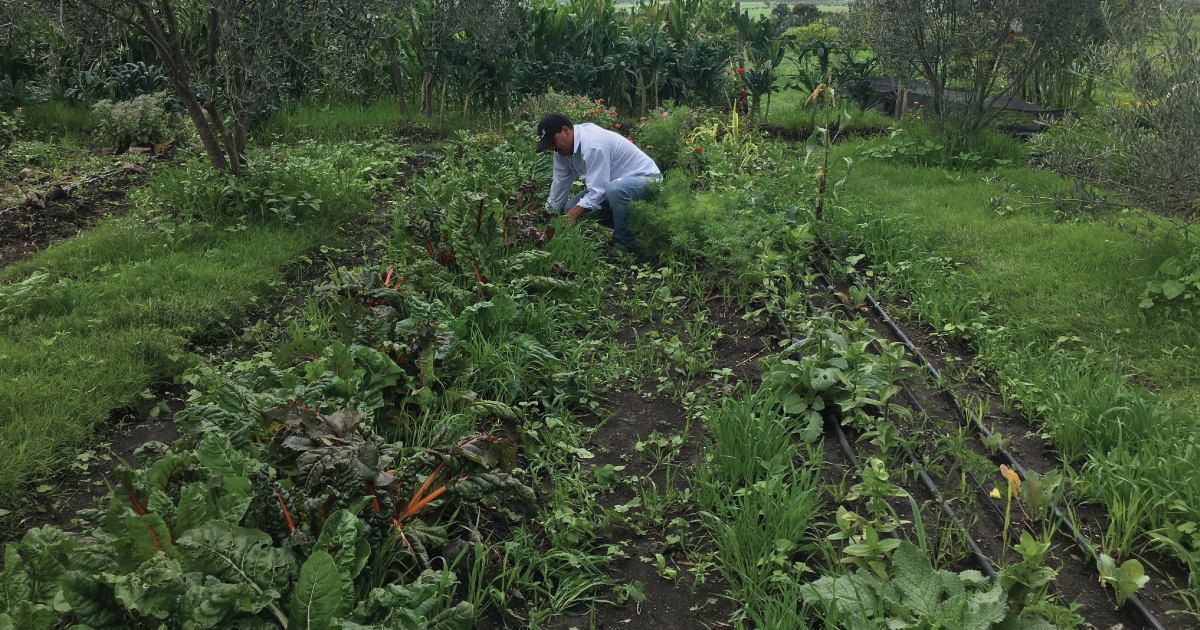
Indigenous Farmworkers Are Unheard, Overlooked, and Exposed
In California, thousands of migrant workers are cut off from mainstream health care by language and cultural barriers. Now, community activists are working to bridge the gap.
April 1, 2023 | Source: Civil Eats | by Abraham Marquez and Zaydee Sanchez
In California, thousands of migrant workers are cut off from mainstream health care by language and cultural barriers. Now, community activists are working to bridge the gap.
he scene repeats itself every morning for Silvia Garcia, who described how something like muscle memory automatically moves her hand toward the snooze button.
Five more minutes of eye rest, she said, like a morning mantra.
“We are up early because I have to wake my kids up and get them ready for the rest of the day, and also get to the fields,” said Garcia, an Indigenous farmworker from Mexico’s Guerrero state.
After dropping the kids off at her parent’s house on a recent summer morning, Garcia and her husband are harvesting fruit by 4:30 am.
They are not alone. Labor statistics say 407,300 workers—mostly Mexican and many undocumented—prepare, maintain, and harvest fruit, nuts, and vegetables up and down the nation’s richest agricultural state.
But often overlooked in these numbers is a growing population of farmworkers for whom even Spanish is a foreign language. At least 165,000 of California farmworkers are believed to be migrants from Indigenous communities in Mexico. The coronavirus pandemic has exposed them to serious gaps in health care. Even before Covid-19, doctors, vaccines, and medicine were well out of reach of Indigenous migrant workers who live in fear and mistrust on the margins of U.S. society.
